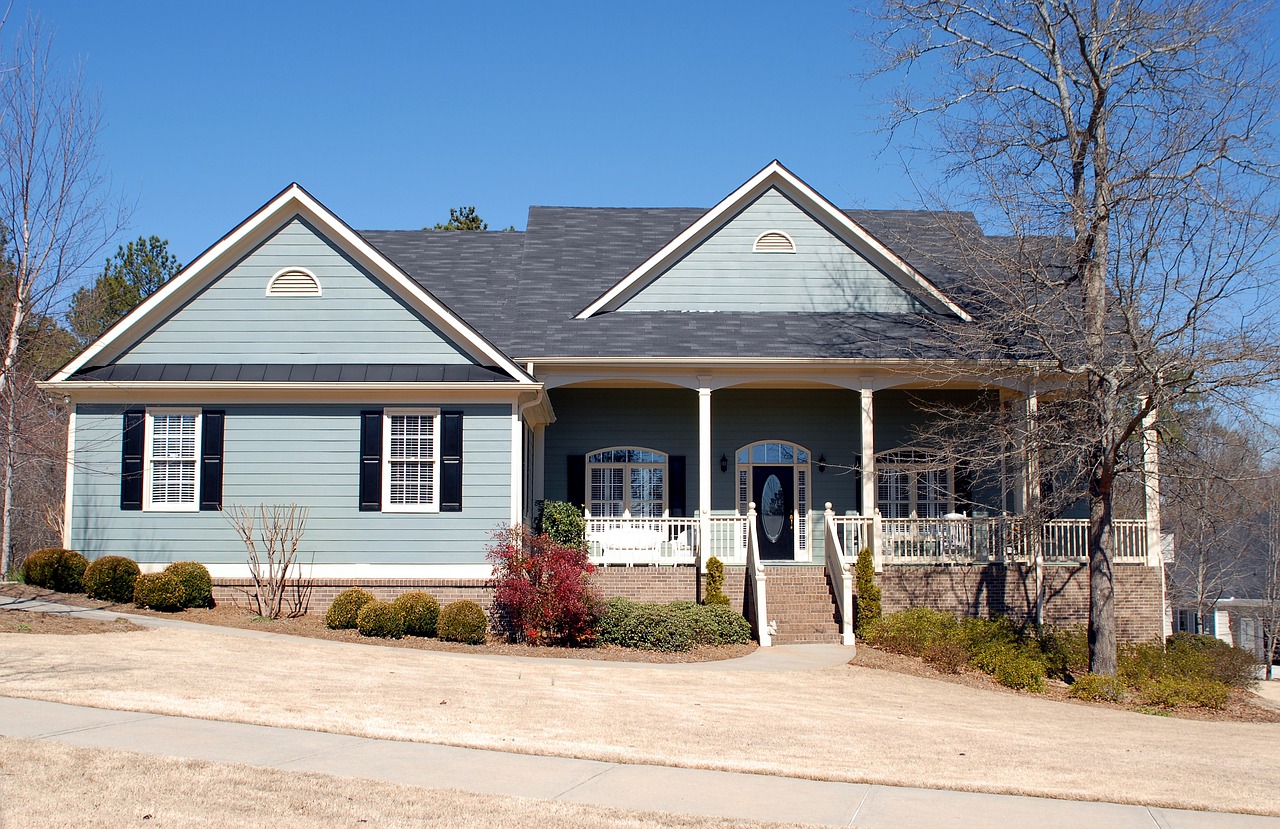Does Hot Weather Affect Your Concrete?

Although concrete is tough, it can also become weaker if it is not taken care of properly. Hot weather has an effect on concrete, both on the surface and within. So yes, hot weather affects your concrete driveway or sidewalk. How? Let us explain.
Hot weather on concrete: What’s the story?
Hot weather has a significant effect on all stages of concrete production and placement procedures. Relative low humidity, temperatures starting at 90F and a high wind velocity can form a high potential for problems with your concrete. The increase of evaporation can pose a threat to the top layer of your concrete. The mix can become too dry if water is leached out of the top surface by evaporation. This makes the concrete surface more susceptible to cracking.
Strength of concrete
During the placing, finishing, and curing of concrete, a high temperature can lead to the need for extra water to compensate for the loss of moisture. But as more water is added and the moisture dries up quickly, this can lead to extra porous concrete. This can affect the long-term strength and durability of the concrete. Also, a higher peak temperature during the hydration of the concrete can lead to cracking or a lower long-term strength. This is the result of a greater early strength, that reduces the long-term strength because of the loss of moisture.
Damage repair as it appears
If your concrete driveway or sidewalk is already showing signs of cracks or is sinking, it is important to take care of it. Getting the surface repaired now (rather than later) will extend the lifespan of your concrete. It can also save you time and money on a full replacement. Concrete Experts uses a concrete lifting foam to lift and level your concrete slab. So you get a driveway or sidewalk you can depend on!
